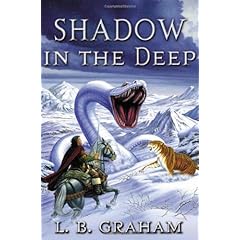

First, the wall must come down...
A wall of denial is falling down
Whoa it's fallin' so hard, down to the ground
Never knew something so strong could be washed away by tears
But this wall of denial was just built on fear
(Stevie Ray Vaughan, Wall of Denial)
I'm gonna knock it down
Any way that I can
I'm gonna scream, I'm gonna yell
I don't want to have to use my hands
IT'S LIKE SCREAMING AT A WALL
SOMEDAY IT'S GONNA FALL
(Minor Threat, Screaming at a Wall - I must admit, I don't really know who they are)
When the walls come tumblin' down
When the walls come crumblin' crumblin'
When the walls come tumblin' tumblin' down
(John Mellencamp, Crumblin' Down)
Alas, we were too busy smashing and hauling and being generally manly that we neglected to take pictures of the wall's demise. Onto the new wall...

It wasn't very complicated:
We don't need no education
We dont need no thought control
(Pink Floyd, Another Brick in the Wall Part 2)

And now it shall remain, untouched upon pain of something bad, yet permanently scarring my fragile psyche:
There's a lot of strange men, in cell block ten
But the strangest of em' all
Was a friend of mine who spent his time
Starin' at the wall..
Starin' at the wall..
As He looked at the wall
So strong and tall
You could hear him softley curse
Nobody at all ever climbed that wall
But I'm gonna be the first..
I'm gonna be the first..
Well the warden walked by and said son don't try
I'd hate to see you fall
For there is no doubt that they'll carry you out
If you ever touch that wall..
If you ever touch that wall..
Well a Year's gone by since he made his try
But I can still recall
How hard he tried and the way he died
But he never made that wall..
He never made that wall..
Well there was never a man who shook his hand
But I know a man who tried
The newspapers called that a jailbreak plan
But I knew it was suicide..
I knew it was suicide..
(The Man in Black, the Wall)

p.s. - Forgive my obtusity. We tore down a limestone and mortar wall and put up a new mortar-less block wall. It took way more time and way more sweat than I thought it would. But now we might be able to sell the house someday. The wall belongs more to Josh Bright than me. He did an astounding amount of ridiculously hard work for me.









